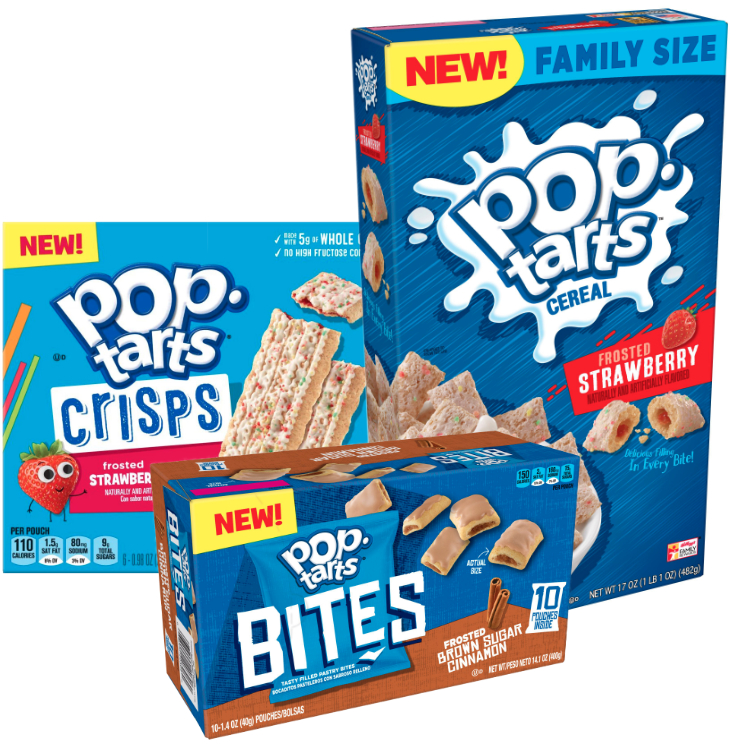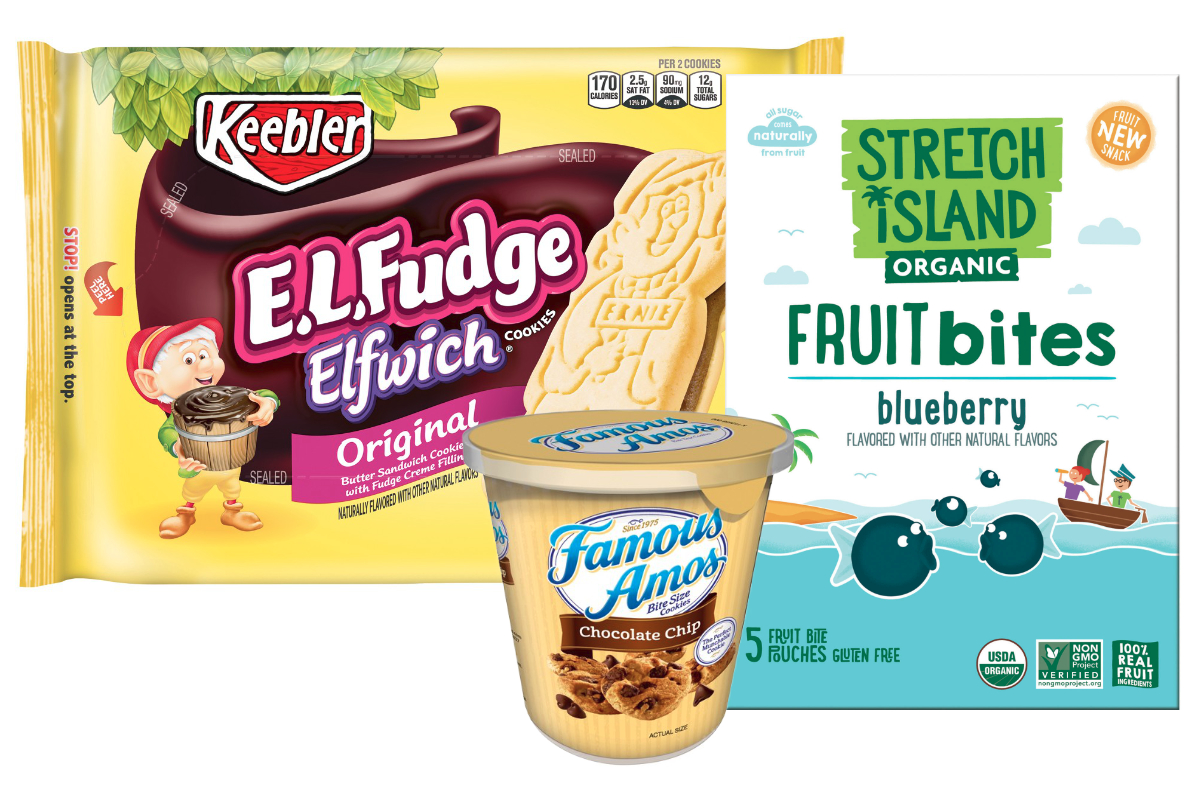BOCA RATON, FLA. — A multiyear turnaround effort for the maker of Froot Loops is beginning to bear fruit.
Kellogg Co. executives shared the results of recent strategic actions and investments during a Feb. 20 presentation at the Consumer Analyst Group of New York Conference in Boca Raton.
Following five years of declining or flat sales, the embattled Battle Creek, Mich., company is nearing a comeback, said Steven A. Cahillane, chairman, chief executive officer and president.
“It’s never easy to reverse a negative multiyear top-line trend and particularly amidst changing food beliefs, a changing media landscape, changing shopper habits and a very dynamic retailer environment,” Mr. Cahillane said. “… This has required altering our mindset, restructuring our organization, rewiring our processes, rethinking every brand, changing how we think about every channel and reorienting our supply chain and required a lot of investment.”
He added, “We have asked you to endure several quarters of substantial investment, and we still have a couple more to go. This is right for the long term. And once these foundational investments are behind us and we shore up what are some short-term margin drags and that the top-line momentum that we’re seeing continues, then profit and cash flow will indeed follow.”
Actions in the past year have shifted Kellogg’s portfolio toward growth areas such as emerging markets, which represent nearly 20% of the company’s net sales today. In developed markets, investments in brand building, product innovation, new pack formats and channels, and capabilities fueled sales of key brands, including Pringles, Cheez-It, Rice Krispies Treats, Pop-Tarts and Eggo.
 “We’ve also expanded our offerings of on-the-go pack formats, so important to winning the key occasion of on-the-go in snacks,” Mr. Cahillane said.
“We’ve also expanded our offerings of on-the-go pack formats, so important to winning the key occasion of on-the-go in snacks,” Mr. Cahillane said.
Recent and forthcoming product launches in North America include Cheez-It Snap’d and Pringles Wavy, which bring new textures to established snack brands, plus a range of new Pop-Tarts formats, including Bites, Crisps and Pop-Tarts Cereal. Off the Grid is a new brand of frozen waffles with added protein. Rice Krispies Treats Poppers are bite-size sweet snacks with a chocolatey coating.
“It’s way too early to call success, but I think you’ll agree that this is the best lineup of innovations that we’ve had in many years,” said Christopher M. Hood, president of Kellogg North America.
Product development, he said, has been among the most important behind-the-scenes changes and investments at Kellogg.
“We reorganized our structure,” Mr. Hood said. “We’ve changed our approach, and we’ve set very clear priorities. As a result, the quality of the ideas that we are launching is better than ever, and speed to market is improving.”
He described the latest innovations as “a great mix of new food forms, premiumized offerings, indulgent items, health and wellness items, pack formats and even a couple of new brands.”
Kellogg also aggressively expanded distribution of RXBAR, the protein bar business it acquired in late 2017. During the past year, RXBAR net sales grew 180% as the brand entered more mainstream retail outlets. The company also introduced a new product line, RX Nut Butter, featuring egg white protein and sweetened with dates.
Another step in Kellogg’s return to growth is the proposed sale of businesses including Keebler cookies, pie crusts and ice cream cones, Famous Amos cookies and Stretch Island fruit snacks. Combined, the businesses had net sales of approximately $900 million in 2018.
 “It wasn’t an easy decision to explore a possible divestiture of some of our businesses,” Mr. Cahillane said. “We believe that these are great brands. But a divestiture can reshape and further focus our portfolio. We’ll also continue to look for bolt-on acquisitions in white spaces and for scale in emerging markets.
“It wasn’t an easy decision to explore a possible divestiture of some of our businesses,” Mr. Cahillane said. “We believe that these are great brands. But a divestiture can reshape and further focus our portfolio. We’ll also continue to look for bolt-on acquisitions in white spaces and for scale in emerging markets.
“In short, we’ll continue to shift the portfolio ever more toward growth.”
In fiscal year 2019, Kellogg expects currency-neutral net sales growth of 3% to 4%, flat adjusted operating profit and a decline of 5% to 7% in adjusted earnings per share. The company is targeting long-term growth of 1% to 3% in net sales on a currency-neutral basis, 4% to 6% in adjusted operating profit and 6% to 8% in adjusted earnings per share. The figures do not reflect any proposed divestitures.
“We have productivity initiatives underway, and we’ve implemented revenue growth management actions, and we are very focused on improving the returns on our investments,” said Fareed A. Khan, senior vice-president and chief financial officer. “We restructured our organization for more efficiency and effectiveness, and our proposed divestiture will simplify and focus our portfolio and resources. And soon, foundational investments will start to diminish, and top-line growth will start to drive operating leverage.
“So while we’re in an investment phase, the building blocks for profit growth are definitely in place.”





